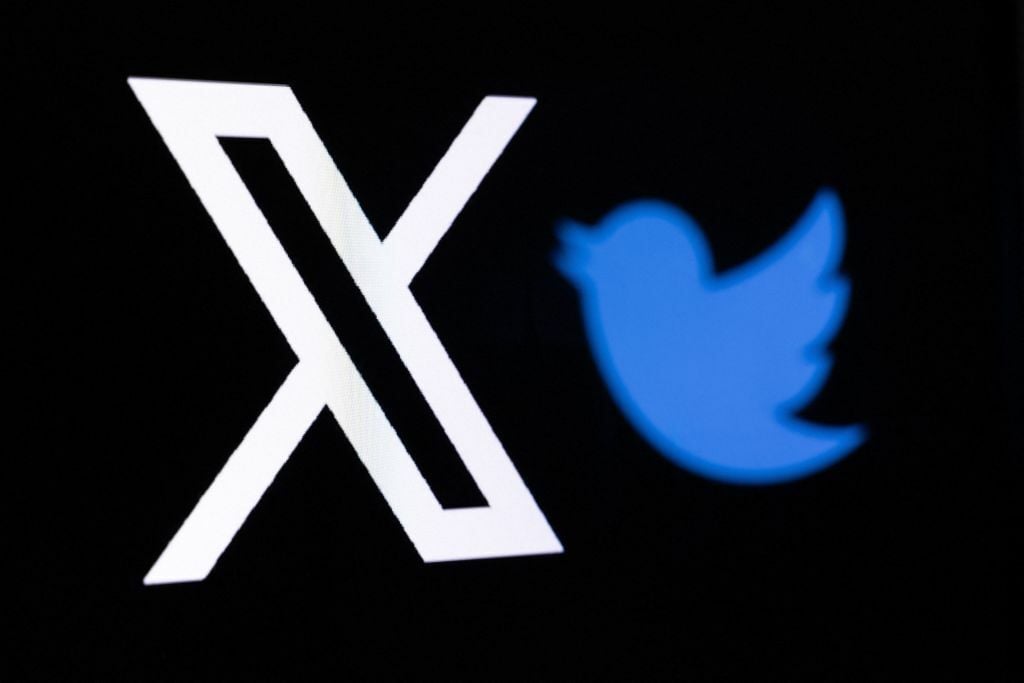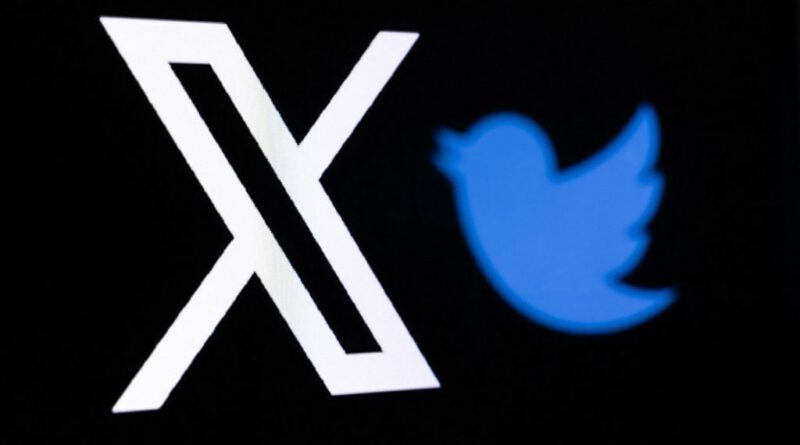8 Twitter/X alternatives for if you want to get off Elon Musk’s wild ride

The social media platform formerly known as Twitter has lost a lot of its appeal.
Its rebranding to the much less distinctive X is just one unpopular decision in a long line of them, stretching right back to Elon Musk’s court-ordered takeover of the company in Oct. 2022. Users have been leaving Twitter — or tweeting about leaving Twitter — since the moment Musk’s takeover was announced, and the microblogging website’s revenue dropped significantly when advertisers followed not long after.
The main question for many has been: Where do we go from here? Many are now on the search for an alternative platform that offers the same things they once loved about Twitter, whether that’s a sense of community, access to the latest breaking news, or the memes.
Here are a few X aka Twitter alternatives for you to explore in your search for your next digital haunt.
1. Bluesky
Out of all the alternatives that have emerged, Bluesky is the one that most closely resembles Twitter. A spinoff of the company from before Musk took over, Bluesky even has Twitter co-founder Jack Dorsey on its board of directors. It looks like a good option if you miss the good ol’ days of just posting inoffensive tweets between friends, but keep in mind that Bluesky’s terms and conditions state that it owns everything you post.
Other than that, the main issue you’ll likely have is actually creating a Bluesky account. The social media network is currently invite-only during its beta period — a decision which has prevented it from being flooded with brands and spambots, but has also kept its user base from growing as quickly as it otherwise might.
2. Threads
It was only a matter of time before Meta came out with a Twitter dupe.
Launched this July, Threads arrived without a ton of features people have come to expect, such as emoji, hashtags, trending topics, or even a following feed. Threads is also technically an Instagram feature rather than a wholly independent platform, which means you can’t delete your Threads account without also deleting your Instagram. Fortunately, Meta has said it’s working on addressing that issue as well as Threads’ various missing features, and began rolling out a following feed within the month.
Threads has an advantage in that it almost immediately gained a significant user base, with over 10 million new accounts signing up within the first seven hours of its launch. However, it has since seen a significant drop off in users, with some users complaining that the platform lacks functionality and is dominated by brands.
3. SPILL
Like Bluesky, SPILL also has a few former Twitter employees behind it. Unlike Bluesky, SPILL’s explicit focus is on building a safe, diverse community for “culture drivers.” The social media network defines these as the creators who originate the memes and vernacular which permeate the internet. Typically from the Black community, they often go uncredited.
Aside from its standard age limits, SPILL doesn’t place any restrictions on who can sign up for an account. Even so, the Black-owned business is establishing itself as a potential new home for Black Twitter. SPILL is also still in beta testing, so if you want in you’ll either have to get an invite code or join the waitlist.
4. Mastodon
Though Mastodon launched in 2016, it came to renewed prominence in 2022. Millions of new users flocked to Mastodon in the wake of Musk’s Twitter takeover, and for a moment it seemed as though it would become the next go-to microblogging app. However, Mastodon’s multiple server system can be confusing and off-putting to new users, and is just one of several features which have hindered the platform’s growth.
Mastodon’s user base has since dwindled significantly since that initial Twitter-driven surge in interest. But with X’s appeal rapidly decreasing with every unpopular new change announced, some people may be tempted to give it another try.
5. Hive
Hive was another competitor that benefited from Musk’s purchase of Twitter. A comparatively small platform created by a tiny women-led team of three, Hive announced that its user base had grown to one million accounts just one month after the takeover. This was significantly fuelled by fandoms, with One Direction fans, K-pop fans, Star Wars fans, and gamers all signing up to Hive in groups.
Like the MySpace pages of old, Hive allows users to customise their profile by adding songs or changing its colour. It also distinguishes itself by placing more emphasis on images, and doesn’t shackle users to length limits — a blessing to users who want to post every picture of Bang Chan they’ve saved to their camera roll.
6. Tumblr
This ’00s icon is technically more of a straight up full-length blogging platform than an X dupe. That has never stopped anyone from using Tumblr for nonsensical one-liners and memes though.
Tumblr is clearly aware that X’s unpopular changes have prompted more than a few prodigal users to revive their dormant accounts. The platform has been making fun of X by selling pointless blue tick badges — badges which thousands of users have bought purely for the joke. Lapsed users are also being lured back to Tumblr by its decision to allow users to post nudity again, bringing the website closer to the old policies it held during its golden era.
7. TikTok text posts
TikTok’s new text feature isn’t quite enough to reclassify it as a microblogging platform, or make the video sharing app a suitable X substitute. Still, it might do for sporadic posters.
Announced this July, TikTok now allows users to type out a text post then bling it up through customisation options such as sounds, stickers, and backgrounds. These text posts appear in users’ standard TikTok feeds alongside video and photo posts, so it isn’t analogous to Meta’s Threads. Rather, it’s simply a new format you can choose for your TikTok content that doesn’t require you to get on camera.
8. Logging off
Social media networks are unfortunately integral to many people’s livelihoods. However, if you are one of the blessed few for whom that is not the case, I humbly suggest you consider logging off.
Logging off has significant mental health benefits, cutting you off from the relentless stream of bad news and public overthinking. It can also make you feel more present and connected to your offline life, and help you rediscover pastimes that you used to love.
It can be difficult slowing down when your brain is used to being delivered an endless stream of information at all times. But if you can manage it, you might end up much happier.

